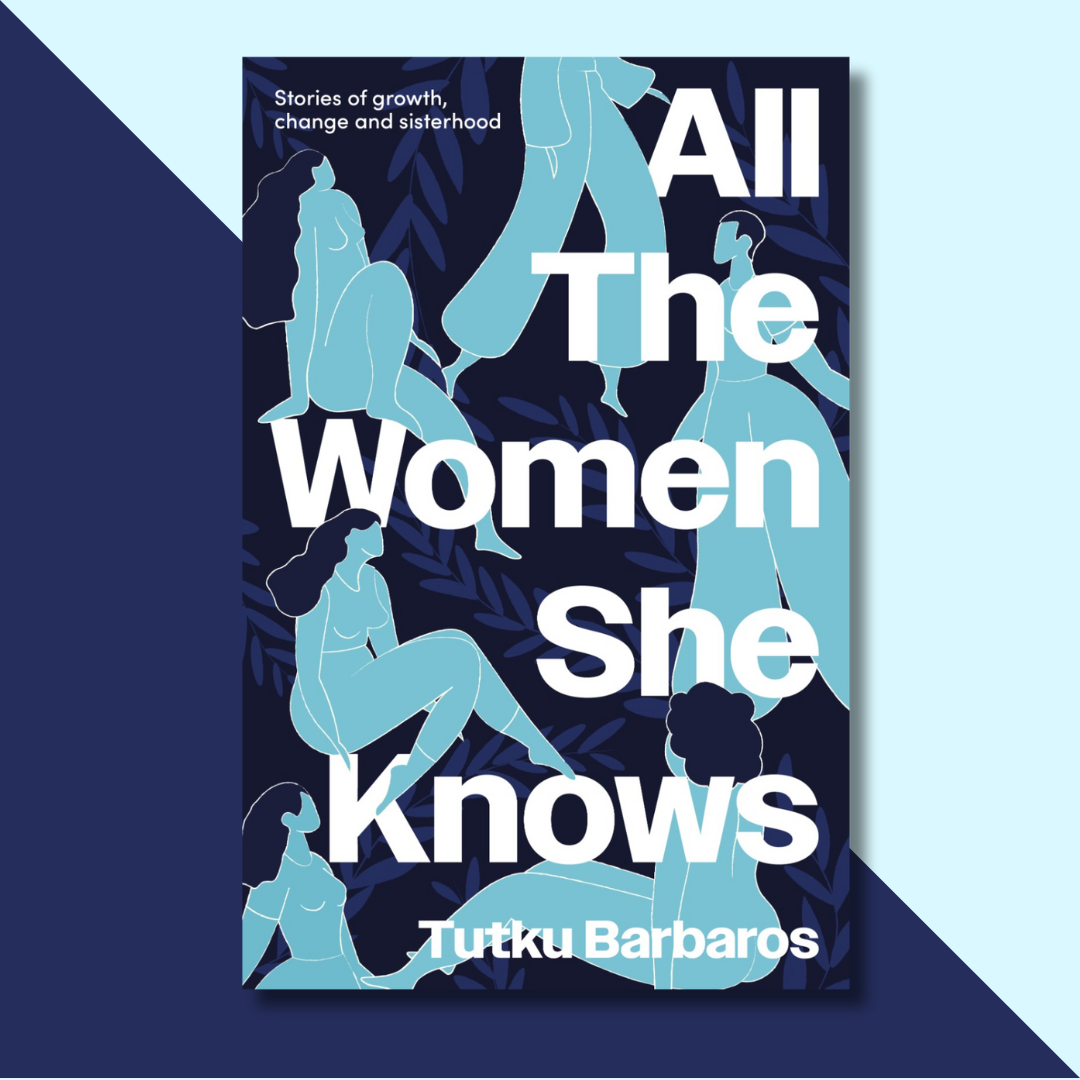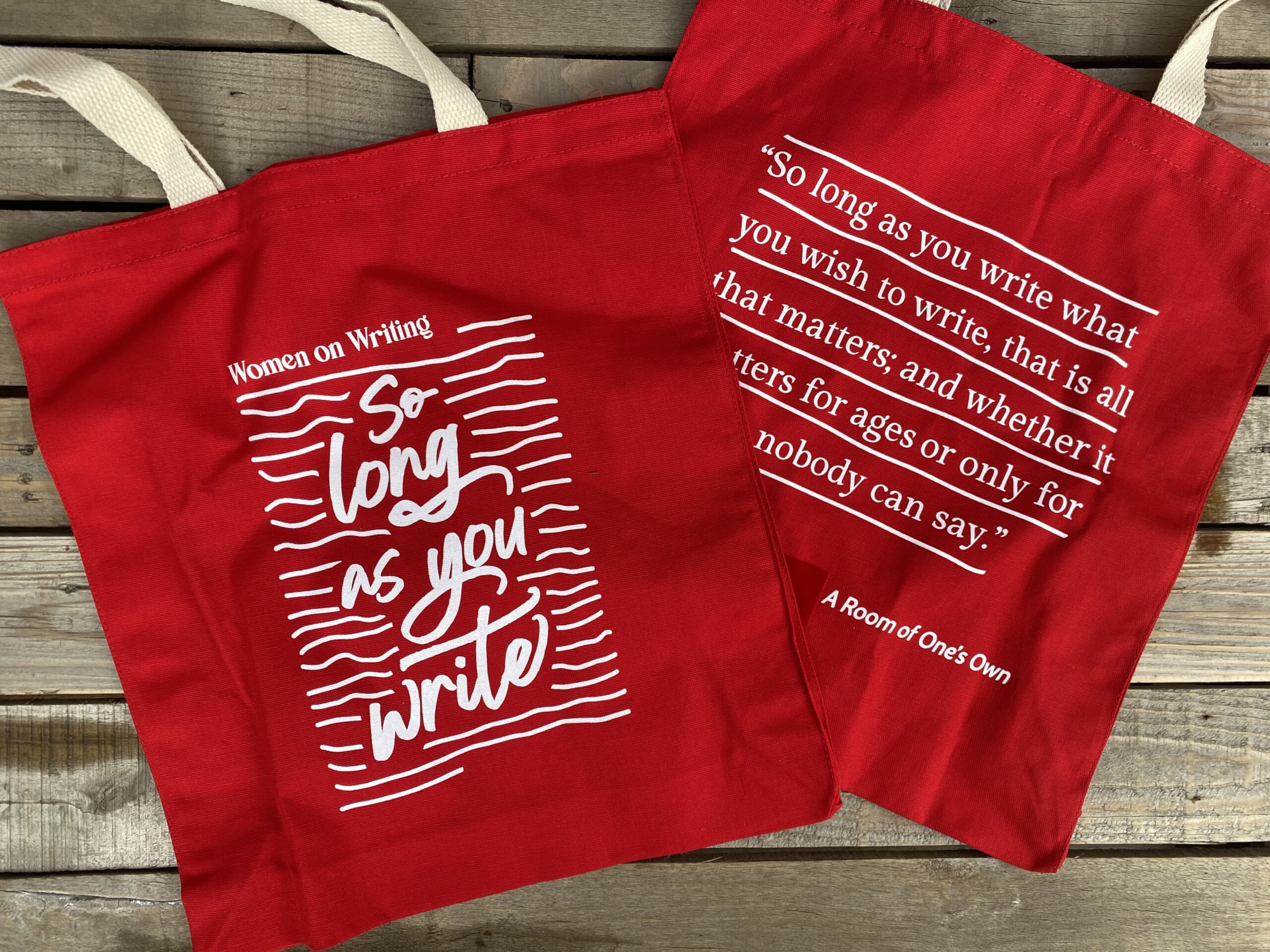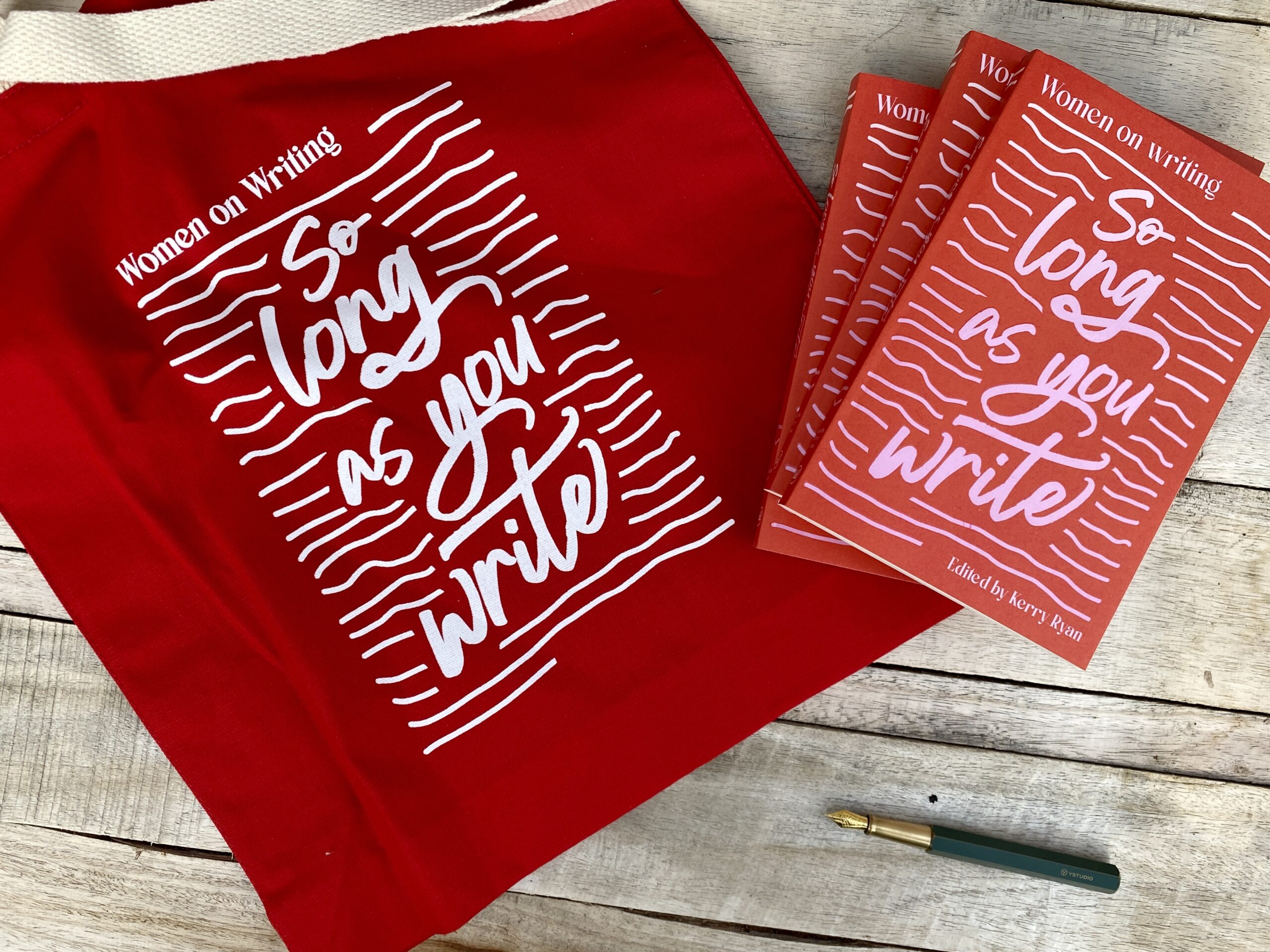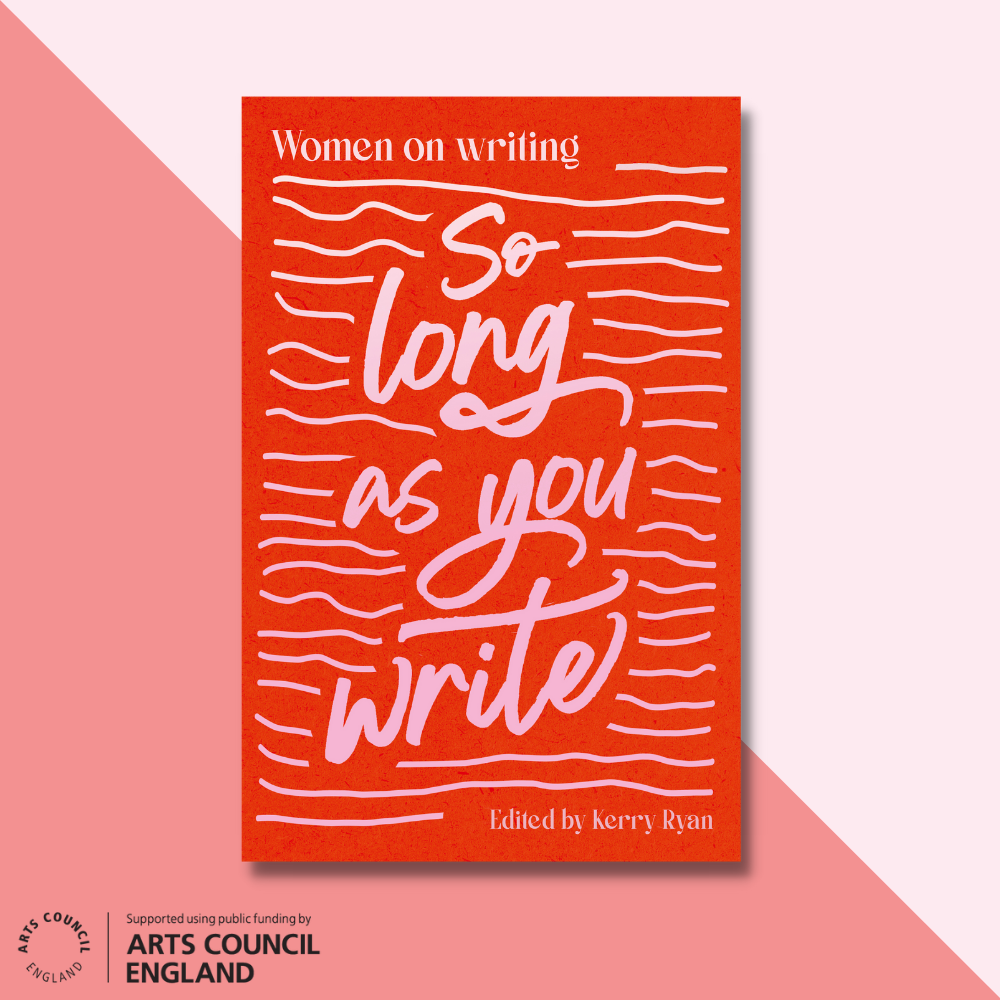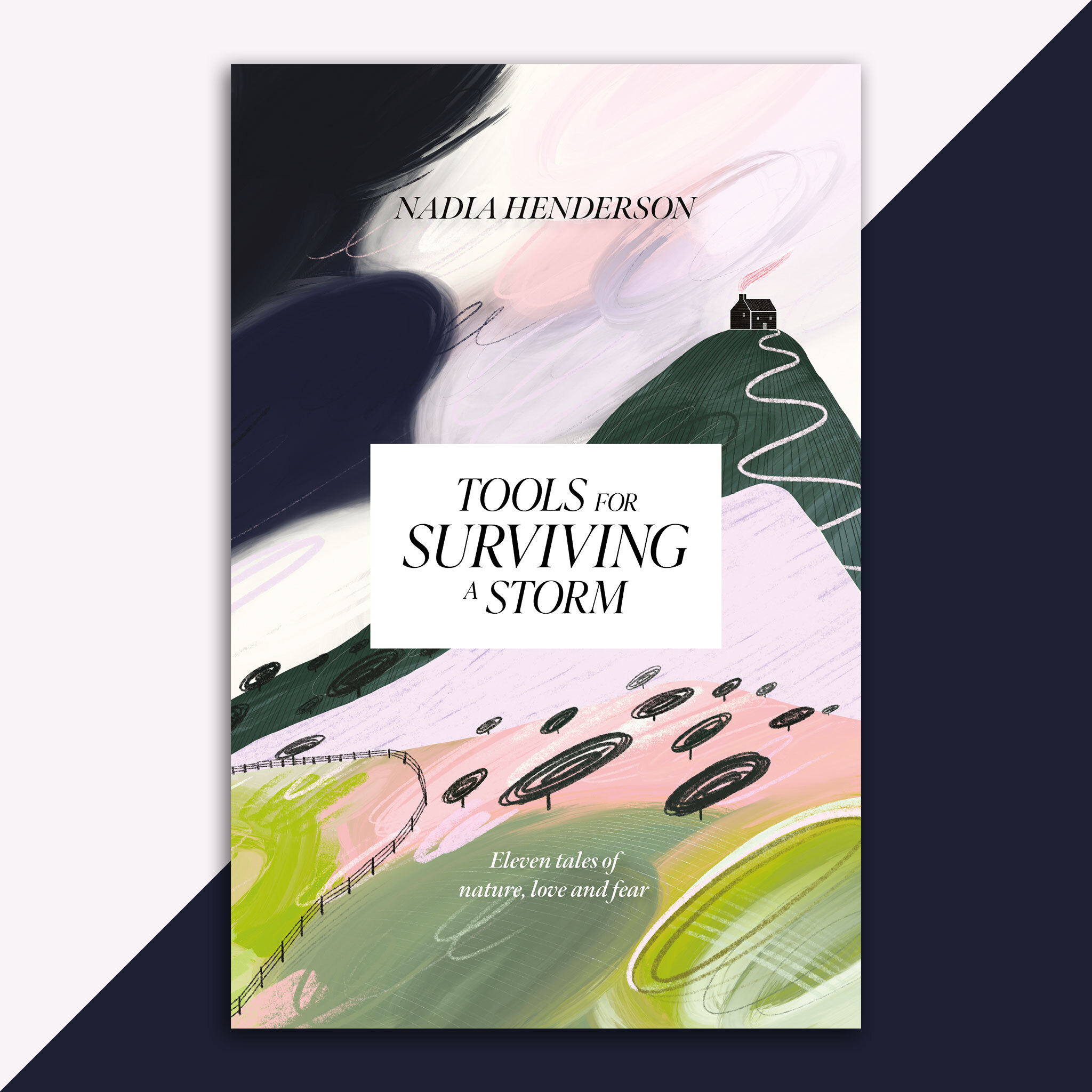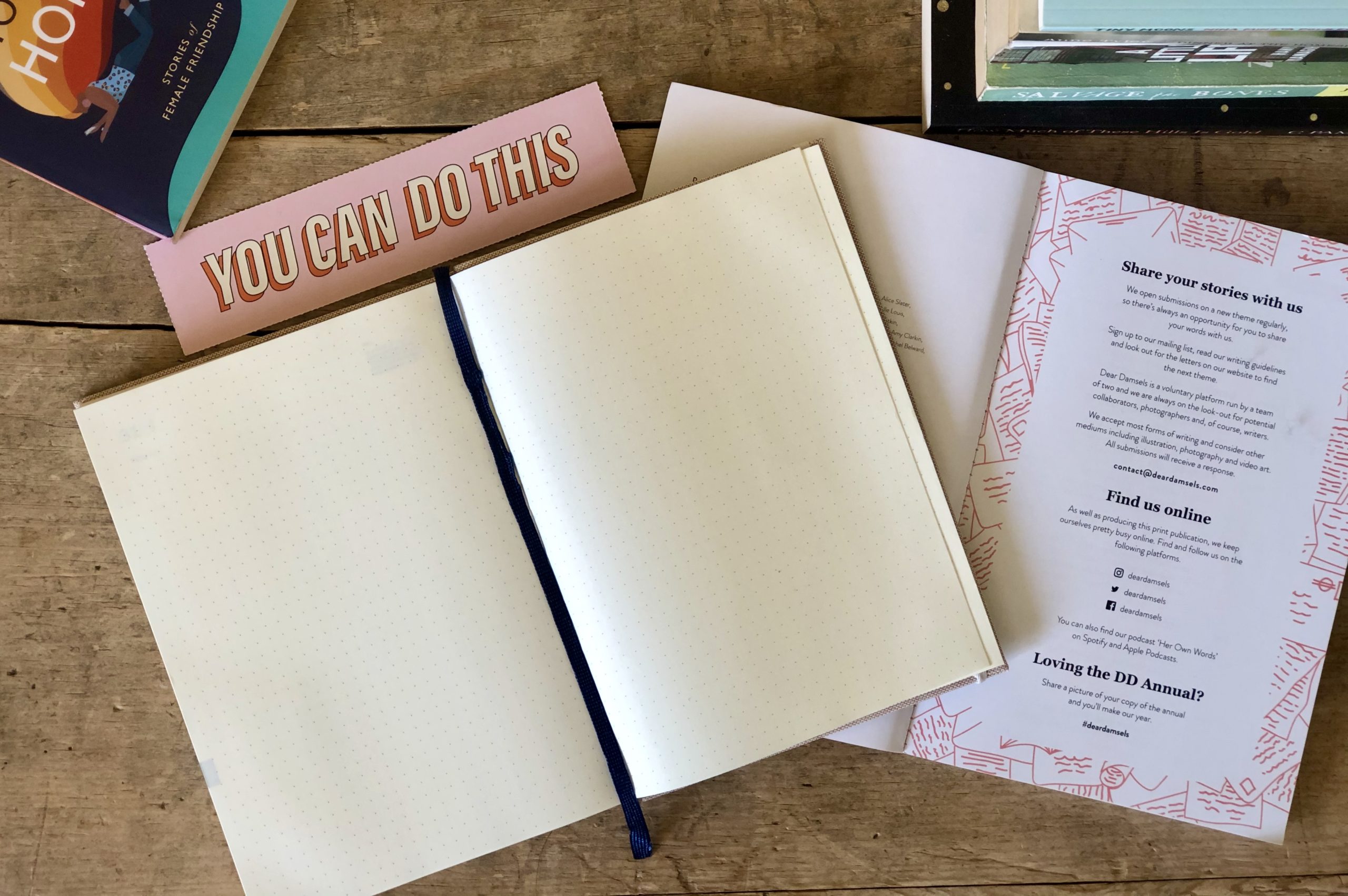The FrankenTeds
by Farzana Amehd
The FrankenTeds
You call one of your oldest stuffed bears FrankenTed. When we had you, our first daughter, the gifts came pouring. Your dad, with his colossal skill for naming saw his mixed-media construction: a fuzzy face, limbs machine-knitted in cotton, a patched backside, and brandished the portmanteau with the same confidence he conjured and sang a rhyming song about him. A song you loved. And still do.
*
I search for a pen name because my own name will not do. What began as a flirtation with anonymity ended with the practical concern that, on my birth certificate my surname was spelt wrong. I live every day fielding questions with every form filled and purchase made: Yes, it’s spelt wrong; No, that’s just how I spell it.
I embraced it by cementing the misspelling in adulthood, seeking out a statutory declaration, a document that unified everything under the banner of my father’s erratic spelling. I signed on the dotted line, looking questionably guilty, magistrates watching. It was done. I was Amehd and there was no regretting it did not make sense.
I now search for a pen name to avoid lengthy discussions about how I inherited it from my father, though he bizarrely doesn’t spell it this way. I want to side-step the uncomfortable truth that the weight of my academic qualifications is far greater than the phonetically correct spelling of “highly-praised”, one of the names given to the Prophet Muhammed. It seems drastic to assume a name to avoid conversations with people, but I imagine a future self in a writer’s chair, misspelt name a canopy of errors overhanging everything, drawing eyes away from the work and to me.
I could have changed to the phonetically-correct version, but since my birth certificate and academic qualifications all bore the mark of the incorrect spelling, the easiest thing to do was stand up and declare myself “Amehd”, a jarring jumble of the Arabic letters:

As though the root word was shaken in a dice cup and arranged in the order the letters tumbled out:

I could still move the English letters around to fit the Arabic:

I write it out: A-h-m-e-d. But it looks and feels wrong and my eyeballs itch. A quick Google reveals Farzana Ahmed was a daughter-killer and a liar; a dishonourable killing brought to justice nine years later. A name marked with filicide would not do. I attempt another variation: A-h-m-a-d. I try it on but have barely walked around the room and looked in the mirror, before casting it aside for its awkwardness.
I ask my parents if we had a family name reaching back to ancestors in Pakistan and Kashmir. A legacy or a legend. Neither can answer, having never had the luxury to think so deeply about it. My husband asks why it matters now when it didn’t before. It’s alright for you, I think, with the name you share with tribe and family, a name you can reach through history.
“Our names bear the scars of history, pieced together from cadavers, the sutures slow and pain”

is a common surname in Kashmir and Pakistan, but the way he spells it stretches the:

to aid pronunciation and looks suspiciously Dutch and I tell him as much. But Meer or Mir, his wider family are tied together through the ages, root letters in an Arabic word, sharing meaning whichever prefix or suffix is added. This is what matters, what I feel I lack: the sense of anchoring, felt only when you know the names of your ancestors.
My parents share we belong to an agricultural caste. We are Arain, descended from a line of farmers of land, though we never owned it. But we have never used our caste as a family name. Research presents me with no definitive answer about the origins of the Arain caste, or how they ended up in Kashmir, so I assume we migrated at some unrecorded moment, settling where we found space. Is this when my family name fell away? Was my family name lost when my ancestors packed up to leave lands – wrapping plates and earthenware cups in handwoven cloths, tying babies onto hips like bags, leading livestock, picking through belongings, the clink of metal jewellery, the cry of a mother, shouts of encouragement and urgency echoing through the ages – the ancestral anchor dropping off the back of the caravan like a child’s handstitched doll?
In my search for an ancient patronym, I learn that South Asian names don’t fit the convention I’m looking for. I find a handful of ancestral names, linked to occupation, titles and clans, but many to nothing at all. I learn that South Asian Muslims don’t necessarily have unifying surnames, that patronyms were a consequence of colonial rule, stamped by the record-keeping British who imposed the forename-surname convention, writing it into history. I learn that despite the sweep of Islam across the subcontinent, the western convention for naming is far mightier than the Arab one where names secure sons and daughters neatly to father and grandfather, one name flowing seamlessly into another. I learn that honorific female titles, Bibi, Begum and Khatoon were common, but that colonial patrilinear expectations grafted on surnames, often removing titles altogether after marriage.
South Asian Muslims routinely gave children complete names that sat together and sounded good, not always linked to parentage. My father’s Farsi first name was stitched with the Arabic:

Building a name unique to him, not shared with any of his siblings. His father, like many fathers chose to pass on weightier burdens. Later, more British, he Frankensteined his Arabic surname with our Farsi first names to create children who bore his lineage, a bride who cut Begum, a family knotted together as:

Or in reality:

I face the possibility that perhaps my family name was not lost. In searching for an anchor to the past, I confront the uncomfortable truth of my colonial gaze and am forced to look away.
I look to my maternal grandfather, feeling duty-bound to fight patrilineal naming systems. In school, white peers proudly held up medals and photographs of the past, reminders of their superior place in history. All I could mumble when asked was all we had: a name. Everything else was lost to us when my mother was four and my grandfather’s days fighting for the British in the Indian army caught up with his body. But I see Farzana Karam Elahi with eyes colonised by history, tongue aware of the awkward pronunciation, the assemblage of conflicting historical parts reaching further into the past with each name: Farsi, Arabic and Aramaic all fighting for space. It is not a name I can wear comfortably since it does not belong to me, but I try it on regardless, discard it and keep looking.
I turn instead to my paternal grandfather whose name was steeped in Arabic and one of the ninety-nine names of Allah. Abdul Ghani, Slave of the All-Sufficient, is a complete phrase, too strong to be cut but often is to fit western conventions. To avoid butchering it, I shorten and tack it to my own to try: Farzana A. Ghani. Marvelling at the gravitas of a middle initial, I pause.
*
In searching for a pen name, I inherit story. I find a past I do not fully know or understand, but one that has left a mark regardless. Our names bear the scars of history, pieced together from cadavers, the sutures slow and painful. A sum of our historical parts, our names speak our past, telling tales of migration, of wars and occupation. Our names cry out, we were Persians, we were Arabs, we are British Muslims from South Asia.
I look at FrankenTed, patched purposefully in a factory Somewhere, travelling Overseas, packed in with hundreds of other FrankenTeds, jostling for space, and I see pieces of a past now lost. Stitched together from different parts, on different continents, I cannot place myself. In the land of my birth, I am and always will be other, my fromness always questioned. In the land of my ancestors, a wall of language and culture, my demand for timeliness, precision and order, the turn of my foot as I walk, all betray my foreignness. I look at FrankenTed and I see us. I see my father and his father; I see my ancestors and I see me, tenuously tethered through the ages by our lack of shared names.
*
Why is your last name different to ours, Mama?
I explain you have your dad’s last name, that names are passed down through the father. But I do not admit my bitterness that, when I am gone, no one will know you were mine, that I carried you and roared you out, but you bear nothing of me. So, I bestow on you and your sister beautiful first names, and often hold the impossibly tiny hospital band from your wrists that triumphantly reads, “Baby girl of Farzana A”, the Farsi forename overshadowing the misspelt Arabic surname.
Names matter. Younger, you would frown because people don’t say yours properly. The pronounced, soft
![]()
in the middle, too breathy for a western tongue, too Arabic for the Sikh lunch supervisor who doesn’t even try – or maybe she chooses not to learn? It makes me sad you have stopped correcting people, resolving instead to let them call you “Rakhma” or “Ra-ma”, too close to a Hindu god to sit comfortably with me.
Before you were mine, before you were given your dad’s last name, I would secretly whisper your first name so you could try it. I named you Rahma, which in English translates as mercy, but there is no real English equivalent.
The

and
![]()
Rooted in the womb, in family ties, one of the names of Allah: Al-Rahman, the Most Merciful. It is compassionate and maternal love, the mercy of a mother’s womb; but it is so much more. It is a word too heavy for the coloniser’s tongue to occupy.
And so, I named you:

